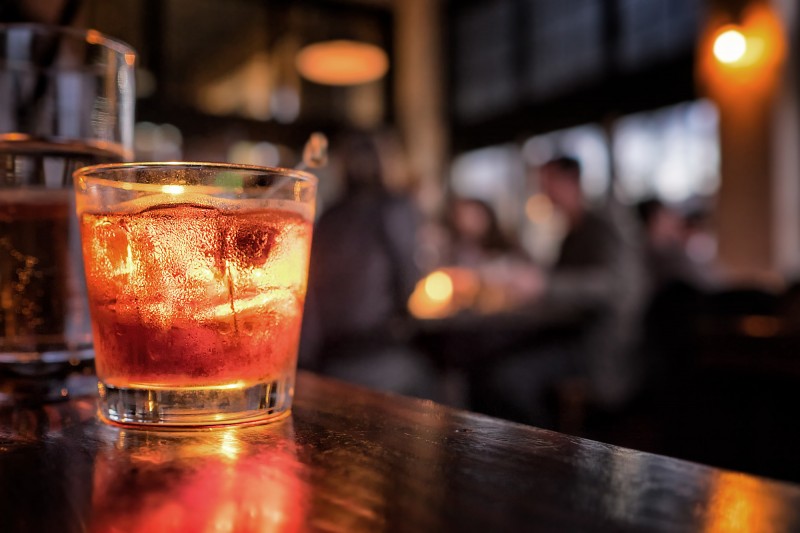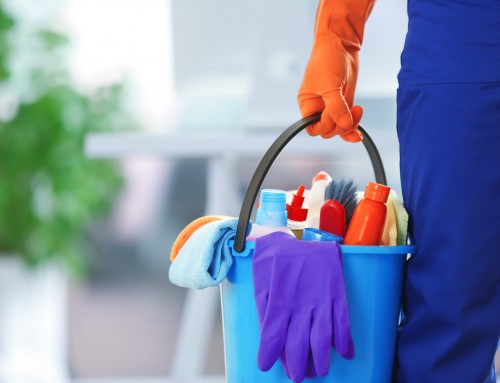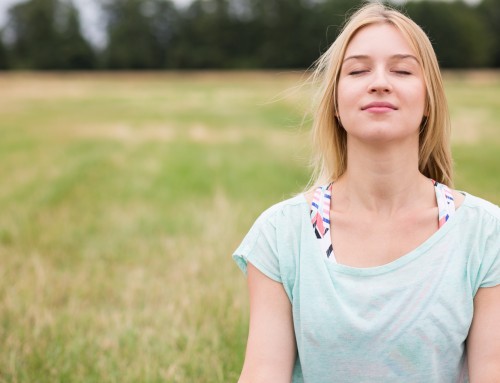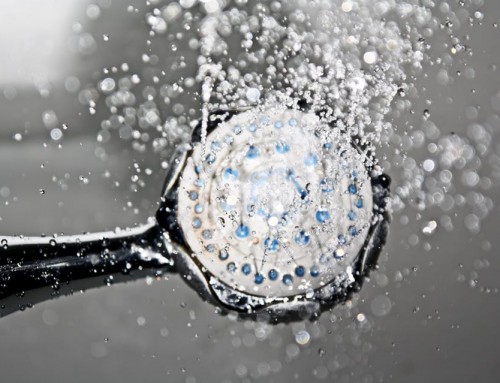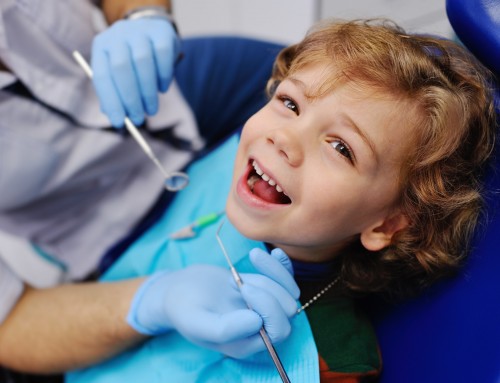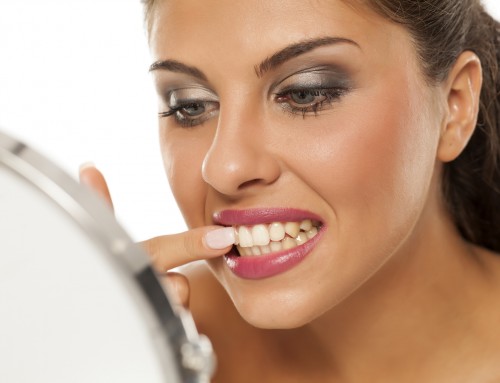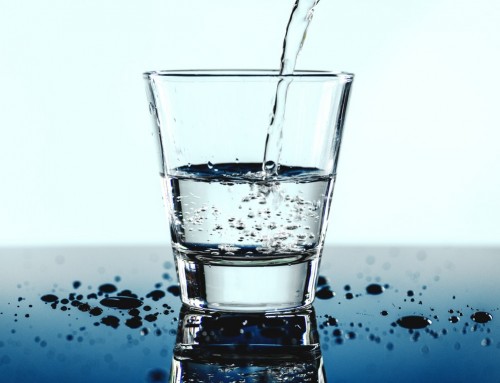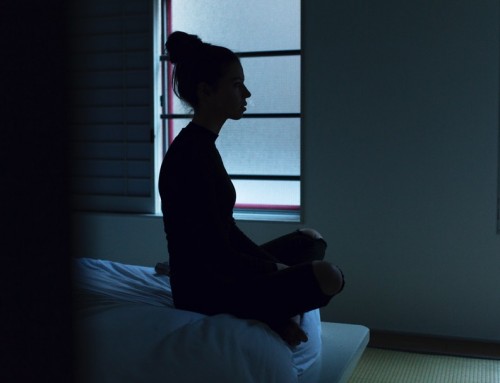Maybe you’ve noticed that alcohol and your mood don’t always mix well. Though a slight buzz can sometimes liven the party, there is a phenomenon of experiencing depression after drinking.
Drinking presents with many health and social risks, including increased injuries, health problems, and development of addiction.
It’s important to understand these risks to make the right judgment call about alcohol and your mental health.
Let’s get into it!
Alcohol Is A Depressant
Even though drinking may be a routine part of daily life, it is classified as a depressant.
What does a depressant do to your brain? In a nutshell, it can disrupt the balance between our thoughts, feelings, and actions. It can impact long-term mental health. This is why people can experience depression after drinking.
Even though you may feel more relaxed and calm after having that first drink, that’s happening because alcohol is depressing the parts of the brain connected to inhibition.
At higher levels of drinking, the pleasurable and euphoric feelings often subside. It’s possible to develop an agitated or anxious mood, both chronically and situationally.
The very reasons people turn to alcohol (soothing anxiety, relieving depression) can make these symptoms worse in the long run.
Alcohol Lowers Your Inhibitions
Know that feeling when you wake up in the morning after a drunken night and can’t remember anything you did?
Or that feeling when you realized you maybe drunkenly hooked up with the wrong person or spent a bunch of money you don’t have?
It’s no secret that alcohol lowers your impulse control and inhibitions. However, if this becomes a routine pattern, you may find yourself plagued with difficult feelings. These include regret, shame, guilt, and embarrassment.
Long-term, those feelings can take quite a toll on your self-esteem and even make you feel more depressed. It can be a vicious, ugly cycle!
Is Drinking Always Bad?
In general, it’s impossible to classify alcohol as inherently “good” or “bad.” Instead, it falls somewhere in the middle of the spectrum. It also depends on the person.
How, when, and why you choose to drink can dictate alcohol’s impact on your life.
If you struggle with mood swings or clinical depression, it’s normal to experience depression after drinking. You may feel more agitated or irritable. You may also find yourself feeling empty, hopeless, or scared.
Drinking can exacerbate symptoms of depression. Often, this is because people self-medicate to relieve their feelings, rather than face them directly.
So, while drinking isn’t always bad, it always presents with some serious risk. If you are susceptible to emotional distress of mental health problems, drinking can be making your stress levels even worse.
If you currently take prescribed medication for your depression, drinking can also be dangerous or even prohibited. Be sure to consult with your psychiatrist or doctor to determine if you can use alcohol while taking medication.
What to Do If You Already Have Depression
For one, you’re certainly not alone.
Depression is the most common mental health illness diagnosed in the United States. 26% of adults experience a depressive episode at least once during their lifetimes.
If you drink regularly and notice the development of depression after drinking, it can be a good idea to do a mental test on yourself.
Commit to abstaining from alcohol for 30 days. Notice any changes in your mood or personal hygiene. Pay attention to both your physical and mental status.
Do you feel better? Worse? More or less energy? Are you finding yourself struggling with cravings?
You may realize that the alcohol is part of a larger problem. You may realize that you’ve been using alcohol as a way to cope with your depression.
If you find it hard or even impossible to commit to abstaining from alcohol for 30 days, you may be struggling with an alcohol addiction.
Treating a Drinking Problem
Not everyone who struggles with depression after drinking has an alcohol addiction, but it’s very important to receive treatment if you are, in fact, facing a substance use disorder.
Sometimes, it can be hard to distinguish “addictive drinking” compared to “social drinking,” especially when alcohol is so pervasive in mainstream society.
Still, you can reflect on the following questions:
- Does alcohol impair your social relationships?
- Has someone expressed concern about your alcohol intake?
- Do you find yourself needing to drink more alcohol over time?
- Do you experience withdrawal symptoms?
- Have you experienced legal issues due to your drinking?
- Is your work or academic life suffering due to your drinking?
Even just answering yes to one of these questions can indicate problematic behavior.
Fortunately, treatment and support are always available. Most treatment centers include an integrative approach of:
- Education about addiction and relapse
- Therapy for mental health issues
- Groups based on self-esteem and positive coping skills
- Routine drug and alcohol testing (often via the Rapid Detect INC 12 panel drug test)
- Access to support groups like Alcoholics Anonymous
Even though treatment can feel scary, it’s often an essential step for those struggling with alcoholism to find relief.
Final Thoughts on Depression After Drinking
As it turns out, drinking can play a big role in our mental health and emotional well-being. If you notice that you feel more depressed after drinking, you may need to speak with a trusted mental health professional or doctor.
It’s always okay to reach out for help- you don’t deserve to suffer!
Interested in learning more about staying healthy and happy and taking care of yourself? Be sure to check out our blog today.

